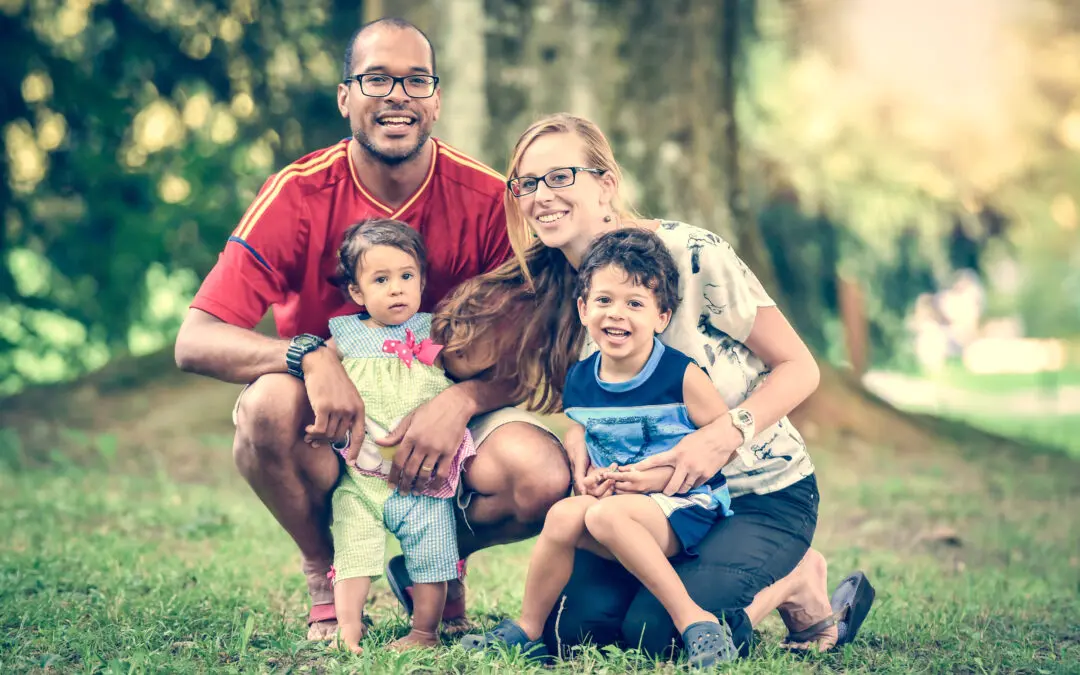Many people feel intimidated by the idea of adoption even if it is something they’d like to do. It makes sense, something about the process of adoption makes the idea that, “parenting is a wild endeavor” even more apparent. Questions like “Will we bond?” “Will we like each other?” “Will I be a good parent?” may all come up and give pause.
Fortunately, through lots of research (which now includes the insights from adults who were adopted as children) we know a lot more about what it takes to successfully adopt. For instance, we now know that bonds and attachment through adoption are just as strong and real as those with biological children. We also now know some major pitfalls to avoid, like hiding the adoption from the child. If you are adopting an older child or an infant through the state, we also have the benefit of trauma science and early intervention to help adoptive parents navigate even the most difficult situations. That’s not to say it’s easy. Being able to commit to a child and be willing to go through ups and downs is really important, especially for adoptees with attachment disruption. Being able to find and navigate resources, and apply new learning (which may include personal growth) is important as well. You may have already raised 3 children to be successful adults (which Is amazing, congratulations!), but parenting a child through trauma might require a completely different set of parenting skills. Your ability to be responsive to the needs of the child will go a long way in adoption success.
If your values include: giving to the next generation, or in things like contribution, care, family, home, kindness, community, and challenge, this bodes well for you as an adoptive parent. Adoption, like all parenthood, is one of those things that should only be pursued for the right reasons. If it is a way for you to enact and engage with values that you hold dear, adoption can provide clear purpose and immense fulfillment to the families who pursue it. View adoption as an ongoing process and relationship, that will continue to develop long after things are legally “final”.






